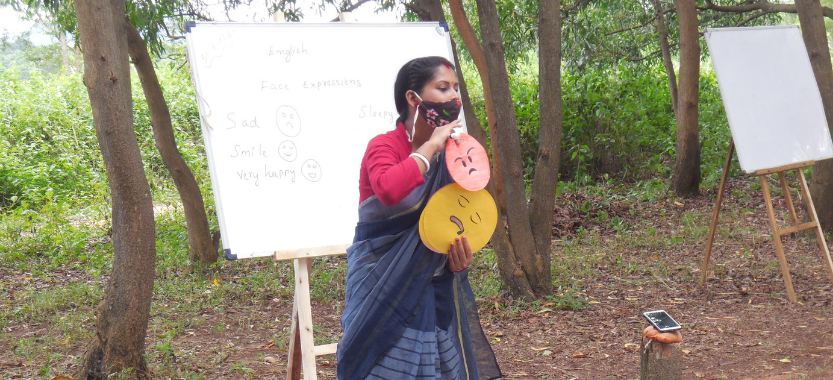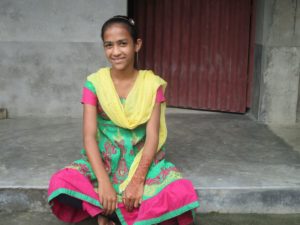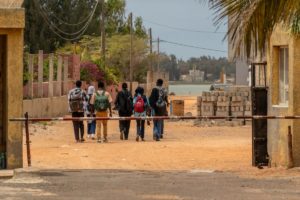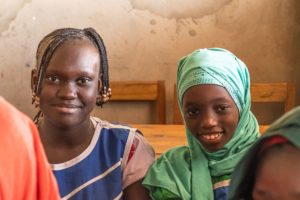Click here to download the article in pdf version.
In India, TdH Suisse and its partners contribute to keeping the most disadvantaged children in the school system and to their successful completion of their studies. The approach adopted involves improving the quality of school education through the implementation of pedagogical practices that respect children’s rights, particularly in terms of protection, non-discrimination, and participation.
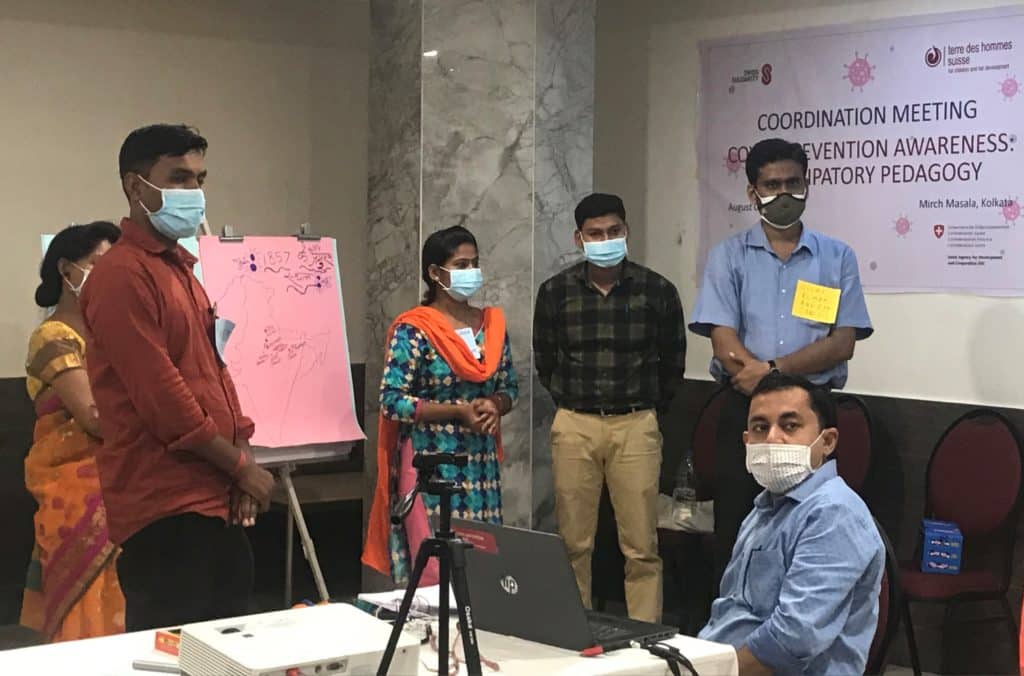
In line with the Convention on the Rights of the Child (articles 28 and 29) and the 2030 Agenda for Sustainable Development (SDG 4), Terre des Hommes Suisse [hereinafter TdH Suisse] considers Education as a fundamental human right that enables the realization of other rights and sustainable development goals. To this end, a crucial priority for the organization is to work towards equal access to quality education for children from the most disadvantaged social groups in all its countries of action. But what does quality education mean? If keeping children in the school system and ensuring that they complete their studies is an essential element, TdH Suisse believes that this objective implies (among other things) the implementation of pedagogical practices that respect children’s rights, particularly in terms of protection, non-discrimination, and participation.
In India, the implementation of active, participatory, and child-centered pedagogies (and their rights) in the educational centers supported by TdH Suisse shows that motivation to learn is increased and that school results are improved. This idea is based on a socio-constructivist pedagogy that helps children to develop competencies such as critical thinking, reasoning, problem solving, communication and social skills that will help them to face real-world challenges, both in the present and the future. The core of the pedagogical approach promoted by TdH Suisse in India is to ensure inclusive learning; a positive attitude towards students and confidence in their abilities; and recognition of their individual needs within specific social and cultural communities.
Trained teachers, positive results for students
TdH Suisse works in India with children from some of the most disadvantaged backgrounds in the country, such as Adivasi (tribal populations), slum dwellers, street children, children involved in forced labor and/or migrants. Stricken by structural inequalities, these populations are often victims of intersectional discrimination. Most of these children are first generation learners, whose families are ill-equipped to support them in their schooling. In partnership with eight local civil society organizations, TdH Suisse provides these children with free educational support through 47 Support Education Centers (SEC). Established in the communities, the objective of the SECs is to support the learners to complete their school education, with the aim of guaranteeing them the fundamental right to quality education as well as protection against all forms of violence, exploitation, and discrimination. On average, each year, TdH Suisse and its partners provide regular educational support to more than 3,000 children (including more than 1,800 girls) through these CSEs.
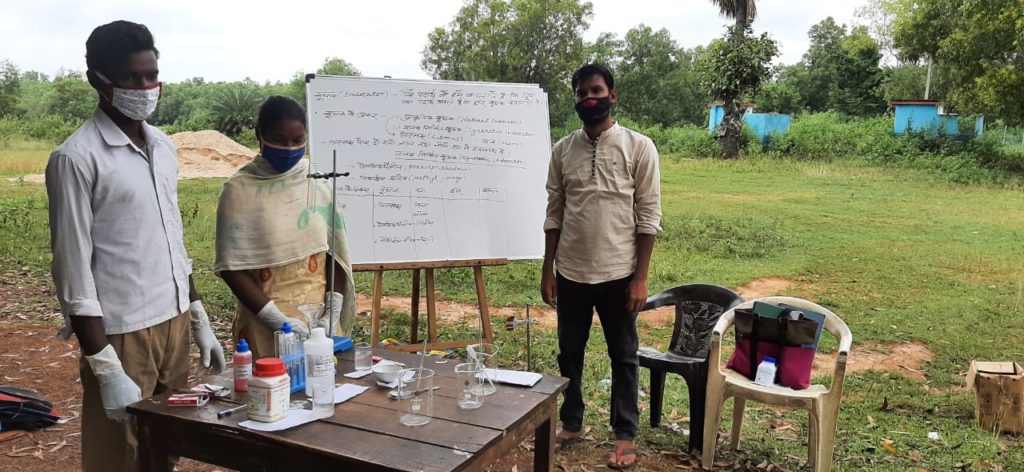
Where teaching methods are generally frontal, teacher-centered chalk-and-talk methods, the introduction of learner-centered, competency-based and interactive learning approaches means a real “pedagogical revolution” (for both students and teachers). Thanks to the support of TdH Suisse, a specific training course has been put in place since 2019, allowing nearly 60 teachers and educators from the SEC to benefit from 11 sessions (face-to-face and/or distance learning) on participatory and rights-based teaching practices.
Through this training, teachers acquire conceptual and methodological tools to create a learning environment where students are not passive but active participants in the learning process. They learn new practices such as non-violent discipline, playful methods, and content that promotes children’s rights to participation and non-discrimination in education. Many approaches and strategies are used to make the sessions innovative and creative, understanding the needs of the students and mobilizing the resources available (e.g. group work, peer learning, use of interactive teaching materials, audiovisual means, exhibition visits, development of teaching modules and thematic projects, etc.).
These participatory and active teaching practices have resulted in significant improvements. Students are more receptive, their attendance has improved, which shows their increased interest in the learning process. The use of local language and contextualized examples from their social and cultural environment makes learning meaningful, contributing to effective learning, retention of knowledge and transfer of skills learned outside of school. Small group and peer learning have improved interpersonal communication among students and between students and teachers.
Today, these teaching methods are used by TdH Suisse’s partners in all projects in India. These new practices and innovative approaches contribute to achieving the objectives of inclusive education, so that no one is left behind, and of retention in the school system and successful completion of studies. These innovative methods also provide children with protective and participatory educational environments, enabling them to take part in decisions that affect them and prepare them to exercise active and responsible citizenship that respects their rights.
Ashish Ghosh, in collaboration with Anahy Gajardo
Terre des Hommes Suisse works to promote the rights to education, protection, and participation of children. With this integrated approach, TdH Suisse accompanies agents of change, children, and young people, to promote a more sustainable and solidary world, in which the rights of the child are respected.

